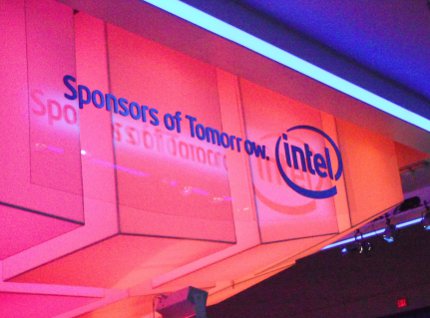With the explosion of ARM-powered 'smart' devices and Microsoft's decision to support the processors in the next version of Windows, some say that Intel should be worried. However, the company's CEO, Paul Otellini, certainly isn't one of those people.
Following the report of record earnings over the past year, the executive was asked to comment on Microsoft's announcement. Apparently Otellini views it "as being not a lot of new news," adding that he "can see positives and negatives for Intel in this announcement".
"The plus for Intel is that, as they unify their operating systems, we now have the ability for the first time, one to have design from scratch, touch enabled operating system for tablets that runs on Intel that we don't have today," he continued. "Secondly, we have the ability to put our lowest power Intel processors running Windows 8 or next generation Windows into phones, because of the same OS stack and I look at that as an upside opportunity for us."

It's not all positive, though. Otellini admitted that some manufacturers might start to build low-cost, low-power systems that could take on the basic productivity tasks of a PC at a much lower cost. Again, though, the CEO showed no fear, citing Intel's dominance and experience in the PC space as reasons why its market share is safe for the time being.
"That space has a different set of power performance requirements where Intel is exceptionally good. [Furthermore], users of those machines expect legacy support in terms of software and peripherals that has to all be enabled from scratch for those devices."
In short, Otellini didn't so much as flinch and he clearly sees a strong future for Intel - even as the market for ARM-powered devices continues to grow and increasingly powerful portable devices eat away at low-end PC sales.













